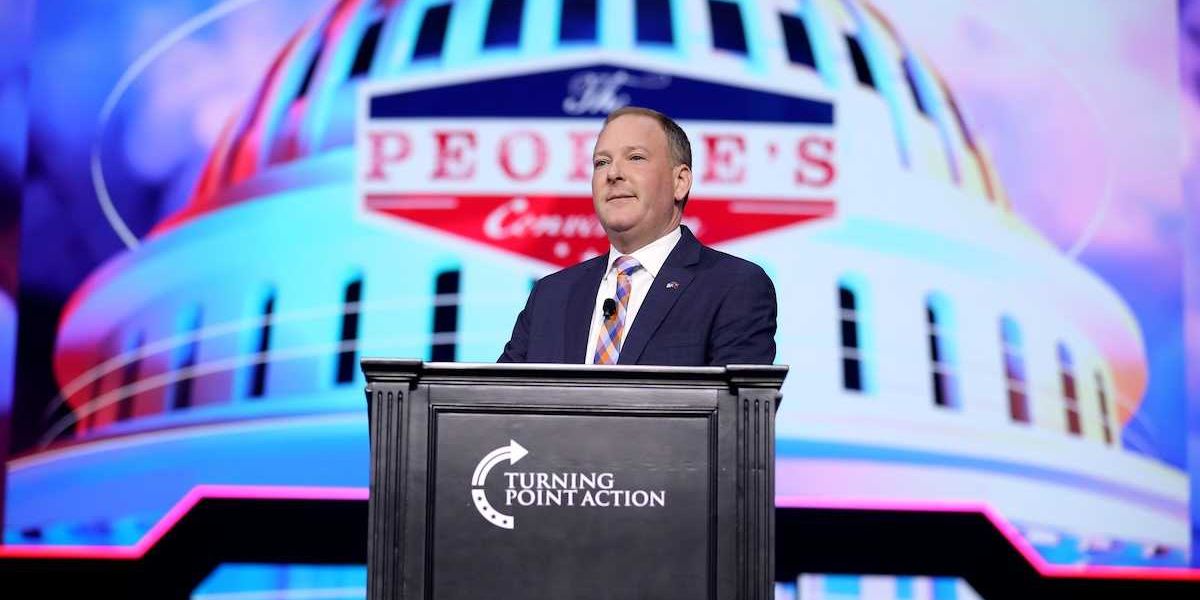Peter Dykstra: Once upon a time …
It wasn't too long ago that "Republican environmentalist" was a thing.
The American government's plunge into the environmental Dark Ages wasn't the work of one bloviating fellow. It didn't spring fully formed on Election Day 2016.
In many ways, the decades of anti-environmental, climate-denying behavior has been a trial run for our national recidivism on multiple fronts, from human rights to foreign policy. Even the 2009 theft of climate scientists' emails and resulting pseudo-scandal presaged the later email adventures with the Russians and Hillary Clinton.
Decades ago, Republican environmentalists existed within a size-able range and habitat. Both Presidents Nixon and Reagan pleaded to keep support for environmental values nonpartisan. My favorite, oft-used factoid on environmental unity is from the League of Conservation Voters (LCV) 1980 Congressional Scorecard. LCV, which compiles an annual performance scorecard rating House and Senate members for "good" and "bad" environmental votes, rated a young Georgia Congressman, Newt Gingrich, 15 points higher than another young Congressman from neighboring Tennessee, Al Gore.
A good example of the GOP's willful fall from green is the Central New York state district represented by Sherwood Boehlert from 1983 to 2007. He championed acid rain legislation and funding for public transportation. Boehlert's lifetime LCV score is 79 percent — a height no Republican comes close to today. His somewhat re-shaped district is now served by Republican Claudia Tenney, who scored 6 percent last year.
Perusing LCV's invaluable data over the years, Democrats generally scored higher than 50 percent, while average Republicans settled in at about 35 percent. Senators and representatives from both parties in the South and West (excluding the Pacific Coast states) generally scored lower than their counterparts in the northeast and Great Lakes regions.
Name your catalyst – 9/11, the 2008 economic crash, or the relentless drumbeat of corporate and ideological greenwashing— but, by the time the 21st Century came along, the two parties developed mirror-image environmental brands.
Democrats' LCV numbers were frequently above 90 percent, and with few exceptions, Republicans plummeted to between 10 percent and zero.
With the 2016 elections, those numbers not only ossified but took hold in the White House and key Cabinet positions.
Anomalies and exceptions
As with almost any rule, there are exceptions. But most of the climate exceptions became so after leaving office and surrendering their power. Former Senators John Warner and Richard Lugar have come out of retirement to stump for common sense.
Bob Inglis was a South Carolina Congressman whose downfall served as a skull-and-crossbones warning to fellow Republicans.
Inglis read the data, respected the scientists, and became a rarity—a Republican climate convert at a time when the party was running full speed away from science. He ran into a political buzzsaw as the Tea Party peaked in 2010 and was trounced in the Republican primary by a young prosecutor named Trey Gowdy. While not cutting a high profile in climate denial, Gowdy has since pulled a lifetime LCV score of 3 percent, while garnering greater fame as the chief inquisitor in Hillary Clinton's Benghazi hearings.
As for Inglis, he continues on the climate message as a private citizen and founder of RepublicEn, intended as a gathering place for the "EcoRight."
Another strong Congressional voice on climate change was Dave Jolly, and, you guessed it, he's now an ex-congressman. Jolly lost in 2016 to Charlie Crist, a former Republican governor who was primaried by Rick Scott in 2010 and converted to the Dems thereafter.
Florida is still well-represented in the Climate Solutions Caucus, a bipartisan effort launched last year for House members acknowledging the need to address climate change. The group currently has 90 congresspeople on board – 45 Democrats and 45 Republicans – but has yet to achieve any breakthroughs.
Several Florida Republicans headline the group's roster, including Carlos Curbelo and the retiring Ileana Ros-Lehtinen , whose adjacent South Florida districts would be the first to go underwater if current sea level rise predictions pan out; and Matt Gaetz, whose panhandle district was heavily damaged by Hurricane Matthew. Gaetz's most recent claim is that the thousands of marchers headed for the US-Mexican border right now are employees of George Soros. Nobody's perfect.
We know by now that climate denial is durable beyond all reason, and anti-environmental, anti-regulatory attitudes run as least as deep. As Trevor Noah posited on The Daily Show last week, maybe the key is something like proving that climate change will imperil every remaining Confederate monument.
Or maybe it's just harkening back to a simpler time, when Richard Nixon and Ronald Reagan counseled us to play nicely on the environment.













